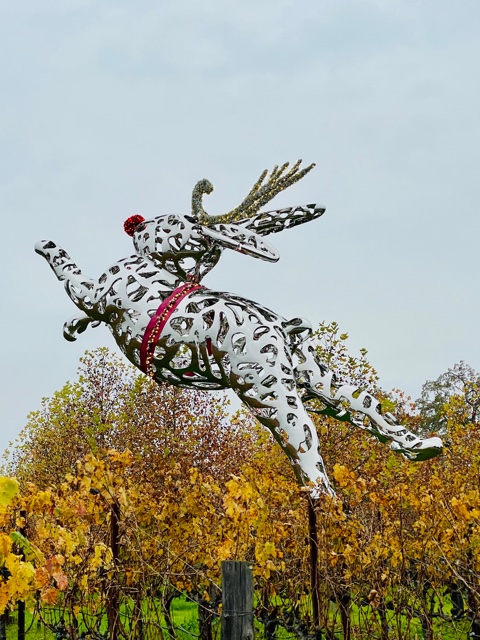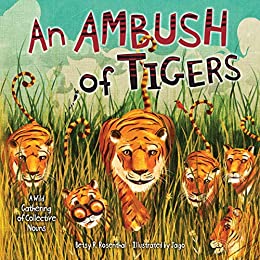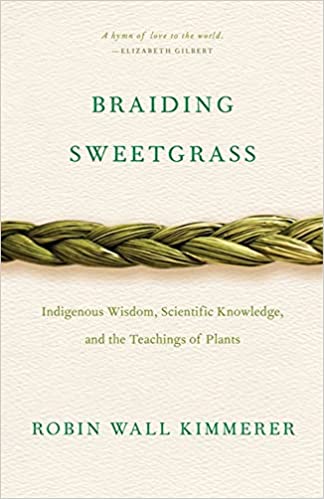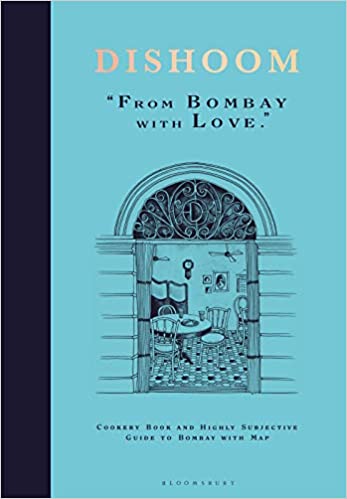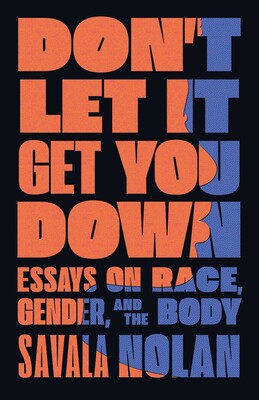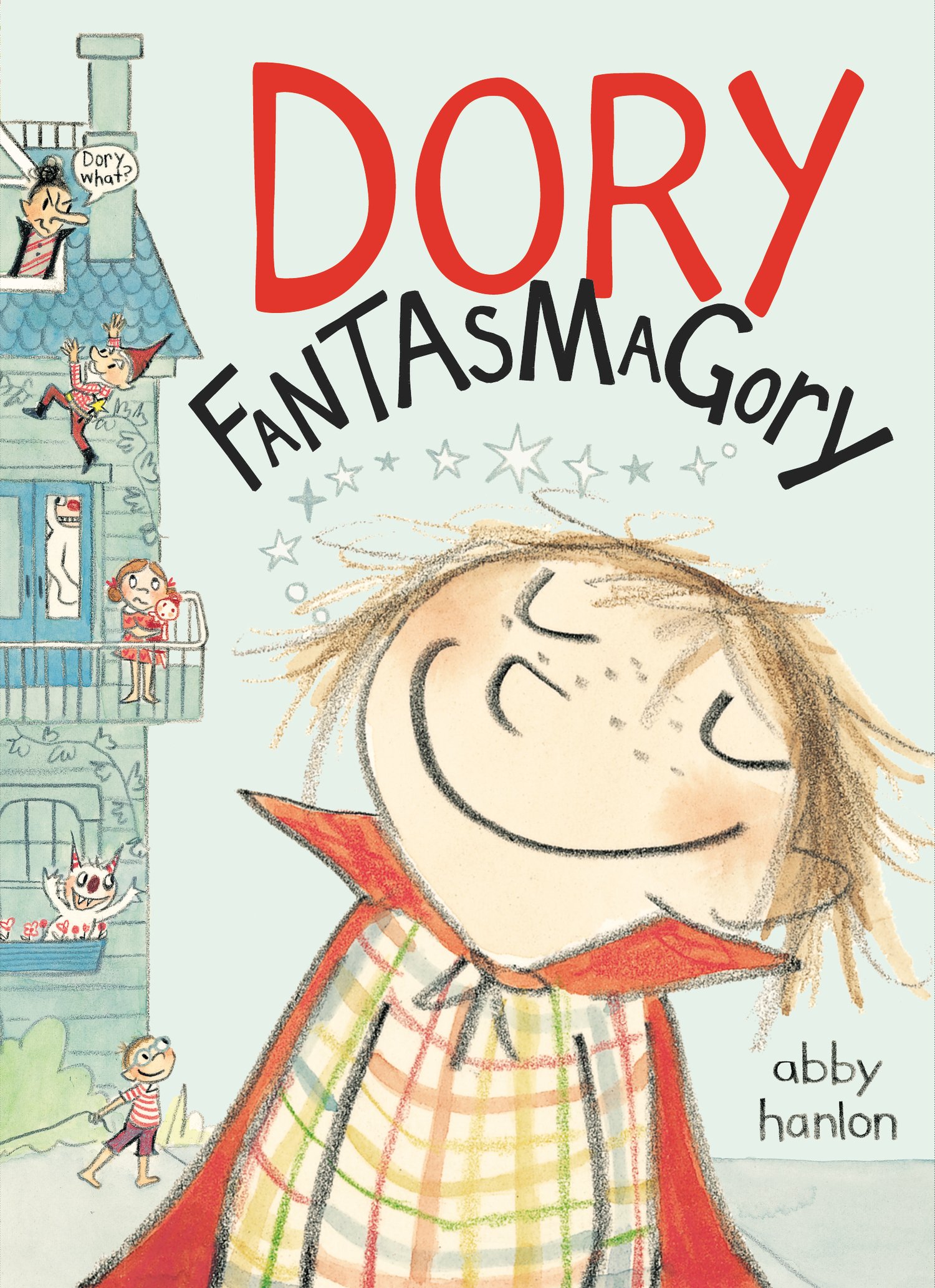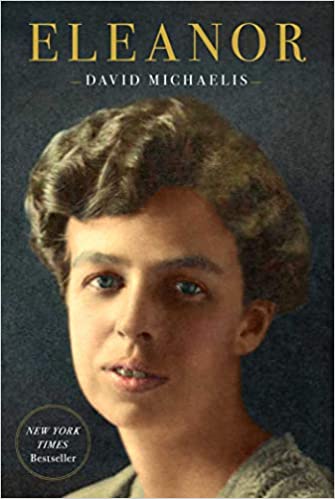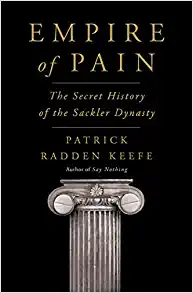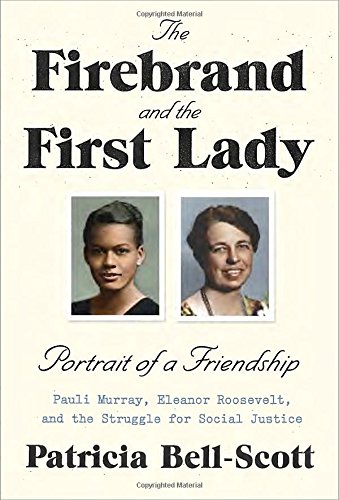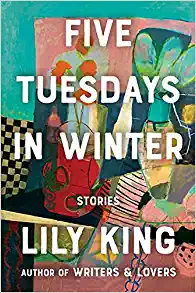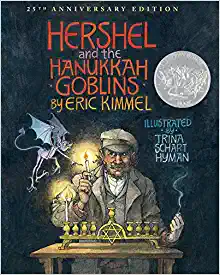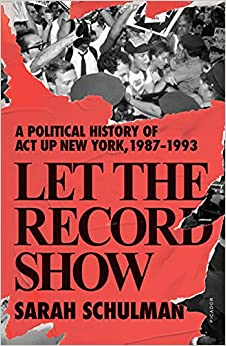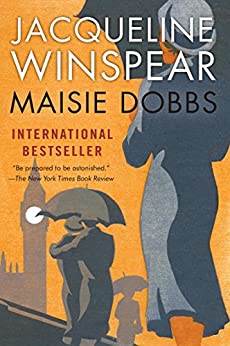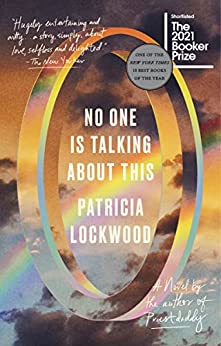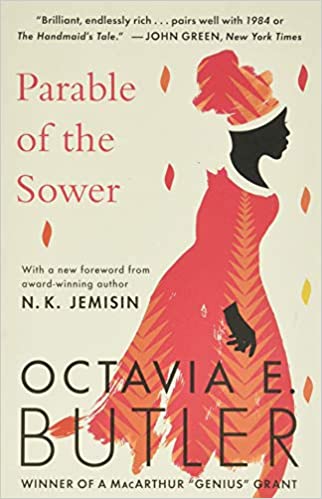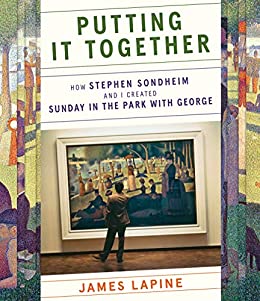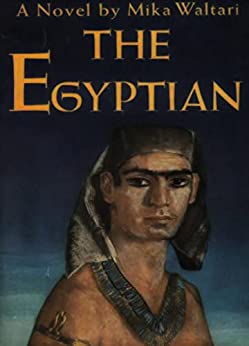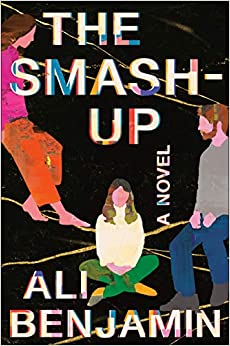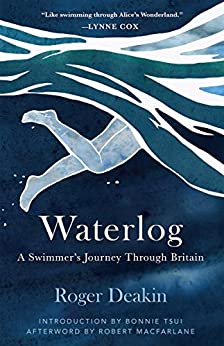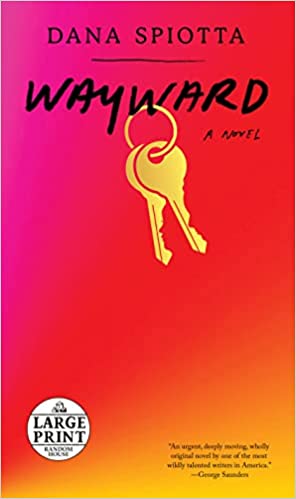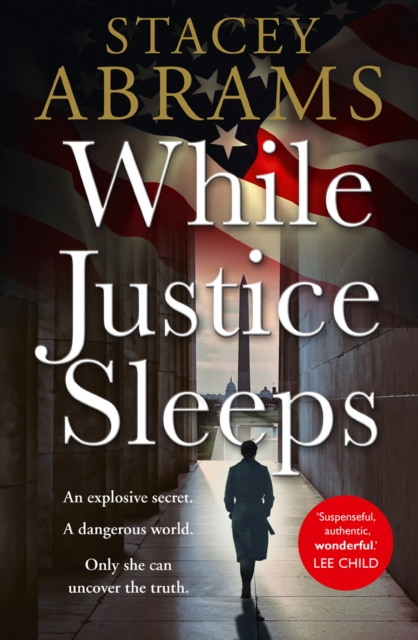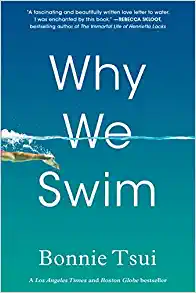Waterlog: A Swimmers Journey Through Britain by Roger Deakin
Sarah Cunniff, Career Development Office
Deprived of access to the RSF during the pandemic and missing my sedate laps in the pool at Golden Bear, I hired an acquaintance to introduce me, and a couple of intrepid friends, to the far more robust pleasures of swimming in the Bay. Part of my inspiration was a book I discovered around the same time: Water Log, by Roger Deakin.
Deakin was a filmmaker, environmentalist, naturalist, gorgeous writer, and, if you read this book you will surely agree, a bona fide eccentric. He is also considered the father of “wild swimming,” and Water Log will show you how he earned the title. The idea he gets, in the book’s first pages, is “a long swing” through Britain, by its waterways. While he references the story by John Cheever, Deakin’s quarry is anything but suburban; he is determined to find all kinds of wild places within England, Scotland and Wales where he can submerge his body. He drives from one venue to another, consulting crinkled maps he seeks out in obscure historical societies and following odd tips and clues, swimming sometimes with friends who share his preoccupation, sometimes alone.
Deakin will swim in anything. He begins with a seventeenth-century moat (his own), and paddles through lochs, rivers, canals and ponds, as well as the sea, where he braves the “subtle ferocity of running tides.” The waters are murky, turbulent, weedy, abounding in eels, polluted, and, often, heart-stoppingly cold, but he plunges in them all. Sometimes he defies direct prohibitions, calmly observing that “the moment it becomes a subversive activity, swimming is that much more interesting.” His watery adventures are mixed with comments, at the same time erudite and matter-of-fact, about history and literature, and his observations about plant and insect life are lovingly informed. For Deakin, all forms of life are worthy co-inhabitors of the planet. Caught in a downfall, he says, “Just as my feelings of fine solitude were turning to self-pitying loneliness, I met a toad coming the other way along the peaty deer-path.”
Throughout his idiosyncratic quest, and without ever preaching, Deakin shows what is lost when ecosystems are disrupted and disregarded. His gentle transgressions against the ways that swimming has become contained, managed, and regulated are a protest of the way humans have divided themselves from nature. Water Log is a passionate defense of true wilderness in the form of a peculiarly personal narrative.
If you like water, or nature writing, or singular adventures, or if “armchair swimming” might be your cup of tea, I recommend this book.
